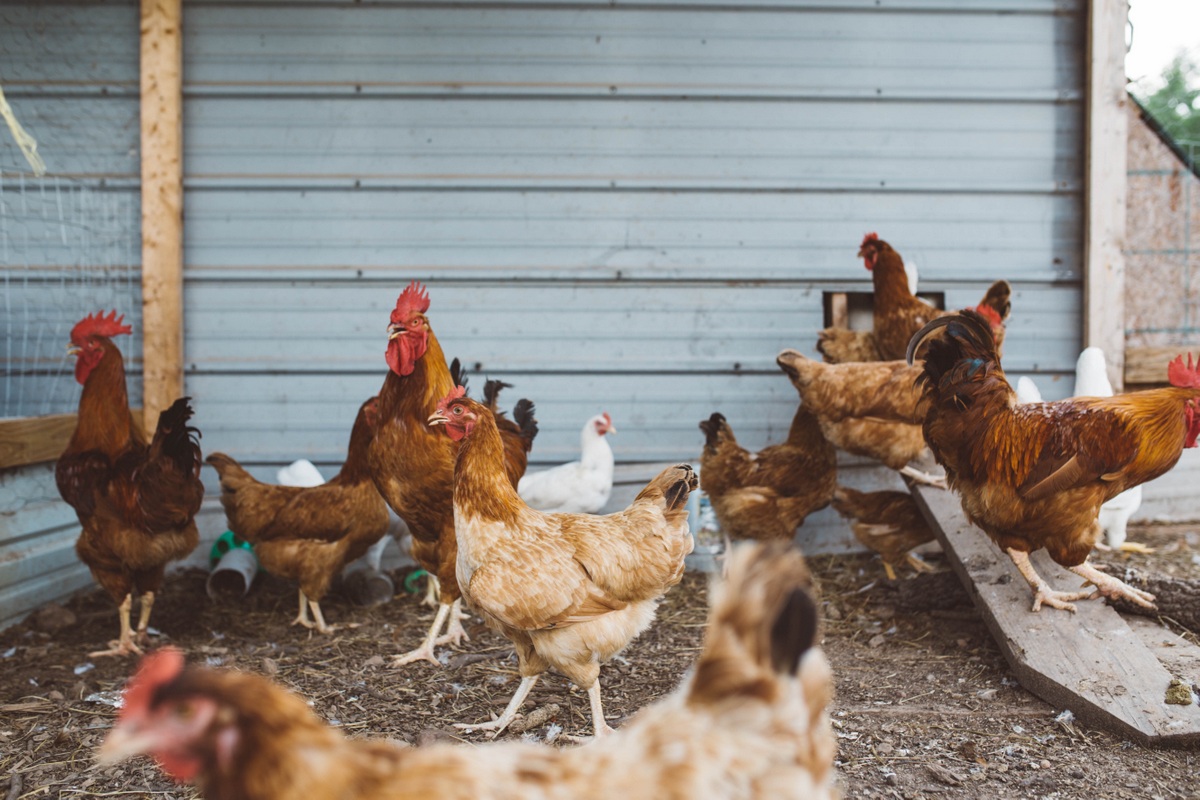Basic Guidelines About Keeping Chickens
WHAT?
Chickens are omnivorous, domesticated birds and are one of the most popular pets. Backyard chickens are kept for egg production, for their meat, and simply as easy, friendly and intelligent! pets.

HOW?
Keeping chickens is relatively straightforward. As social animals, they must be in a flock of two or more under RSPCA regulations. They need a dry and well-ventilated enclosure (coop) that is protected from the wind, rain, heat, cold and draughts. The coop needs nesting boxes where hens lay eggs, which are dark, small and quiet spaces; and a roost which the hens perch on to sleep at night. Ideally, chickens should be let out to roam during the day into a space that is fenced off to ensure they can’t get out and predators can’t get in. The bedding in the coop and nesting boxes should be refreshed every month or so, with a proper clean and scrub happening roughly every 6 months. Eggs should be collected daily from nesting boxes to avoid hens sitting on them and to avoid attracting predators.
Chickens need food and fresh, clean water daily. Chickens’ diets should include standard poultry pellets, along with a variety of fresh food and garden scraps. Chickens can eat most things, but scraps with a high salt and/or fat content should be avoided, as should rhubarb, avocado, chocolate, onion, garlic, citrus fruits and lawn mower clippings. A moderate amount of meat and cooked foods like rice, oats, pasta, bread and legumes is usually fine.
WHY?
Keeping chickens is a fantastic way to avoid sending organic waste to landfill, and to get rid of certain food scraps which can’t be composted like meat and cooked foods. As an added bonus, chickens provide lovely fresh eggs daily (or close to daily)! In general, eggs last for up to 3 weeks if they are stored correctly (refrigerated, with the pointy side down). Chickens also provide free fertiliser for your garden with their droppings. So again, great to close the food-loop.
WHERE / WHEN?
Chickens can be kept year-round in any place in Australia as they are fairly adaptable to different weather conditions. However, in hot weather they need to have access to cool, shady places and in cold weather they need protection from draughts. Chicken behaviour can change in different seasons: during cooler months, they will lay fewer eggs, and in autumn most chickens will moult their feathers.
Written by Rebecca DeCourcy